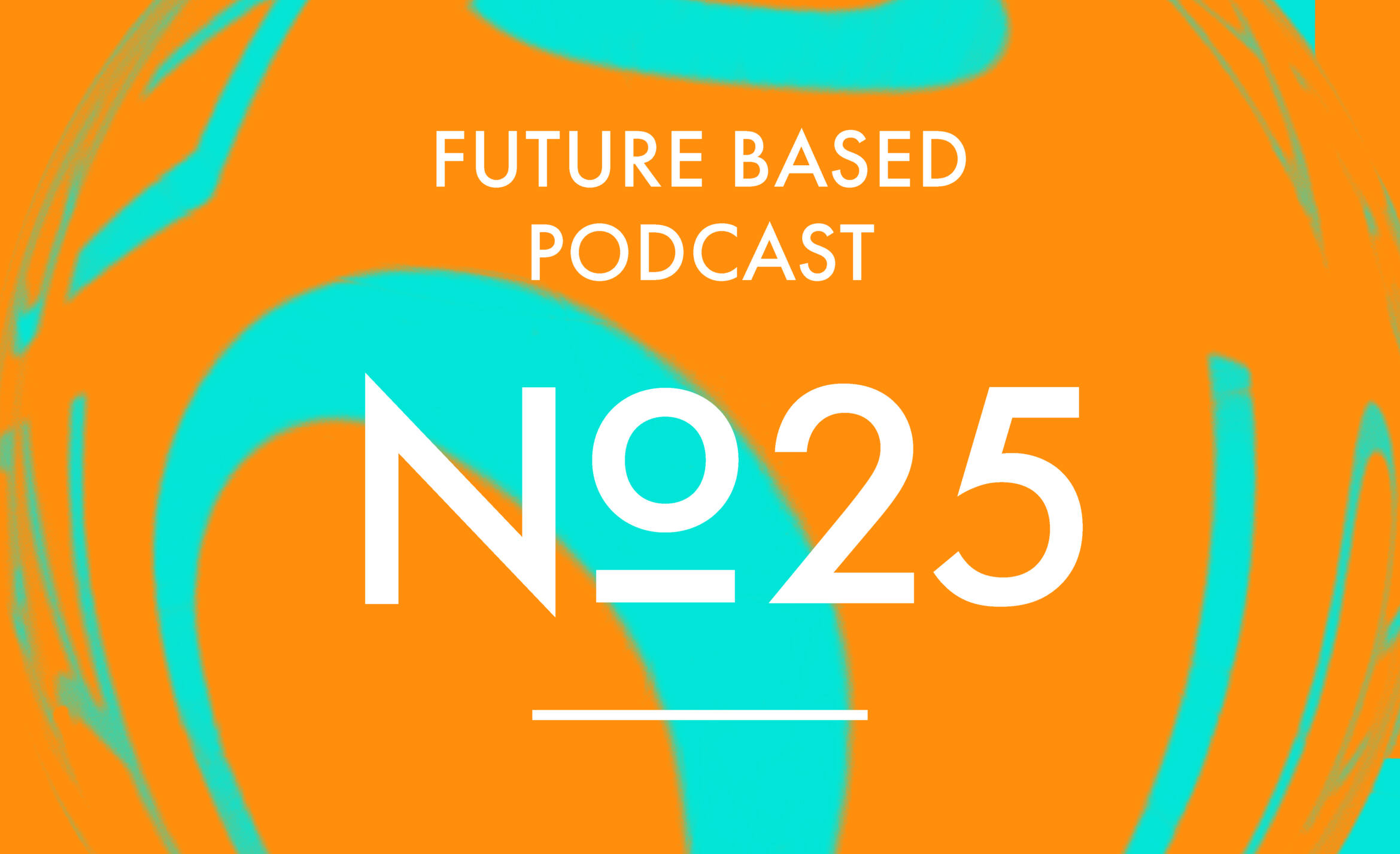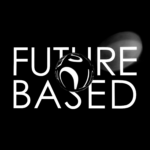
Technology is everywhere: glued to other hands, integrated into our cars, or hidden behind garbage bins in your street. These technologies change the way we are in the world and experience it. For example, an urban walk is very different if you are efficiently using Google Maps to go from A to B, than if you are quietly strolling in the sunset. When was the last time that you got lost in the city or established a random conversation with a stranger while asking for directions? The introduction of technology in our cities disrupts how our society operates, calling for reflection and debate about the values that we hold important.
In this podcast episode we are going into conversation with Anouk Geenen and Julieta Matos-Castaño about the intricate nature of human-technology relations in the city. What do we need to not only reflect on and analyze past or current practices, but to foster our imagination and collective sensemaking to take action towards inclusive and responsible practices? What role can design and futuring play in this?
Podcast: Play in new window | Download
Subscribe: Spotify | Podchaser | Email | TuneIn | RSS | More
Anouk Geenen is a PhD candidate within the Human Centred Design group at the University of Twente. She is co-founder of the Speculative Futures chapter in The Hague. With a bachelor in Liberal Arts and Sciences and a master degree in Theoretical Physics combined with a Science in Society major, Anouk is an interdisciplinary scholar at heart. Her graduation project at the Rathenau Institute focused on the societal impact of the so-called Internet of Energy -where digitization and the energy transition meet. This fueled her interest in socio-technical transitions and the ethical and political questions they pose. Anouk is interested in combining the hands-on approach of design with the theoretical frameworks from philosophy and science and technology studies. In her PhD, she looks at meaningful ways to bring various stakeholders together, in order to let them reflect upon the smart city technologies and co-create a future city together.
Julieta Matos-Castaño is a researcher and creative consultant focusing on multi-stakeholder collaboration and collaborative-futures making. As a postdoctoral researcher within the Human Centred Design group at the University of Twente, Julieta explores ways to develop inclusive smart city visions. To this end, Julieta delves into the relations between inclusive imaginaries, sensemaking processes and smart city futures. Her approach is based on embracing conflict and making use of visual thinking and creative approaches in this journey. As a creative consultant, Julieta supports organizations to envision futures, and to prepare actionable plans to realize their opportunities and overcome challenges ahead. Together with Anouk Geenen, in 2019, she co-founded the Speculative Futures chapter in the Hague (The Netherlands).
Shownotes:
00:00:00 Introduction / 00:03:00 Speculative design chapters and smart cities / 00:06:00 Disruptive consequences of technology / 00:10:00 Collective Sensemaking / 001:12:00 Maps on the making / 00:17:00 Turning it into practice / 00:19:00 Imagination is an important element / 00:23:00 Recommendations
Links and further reading:
Invisible Cities – Italo Calvino
Uncharted: How to Map the Future – Margaret Heffernan
* Support your locals *
